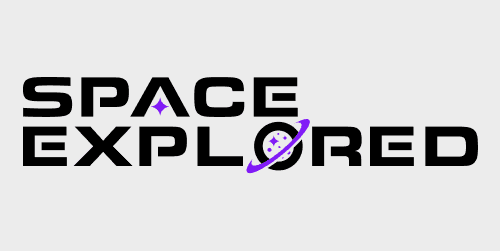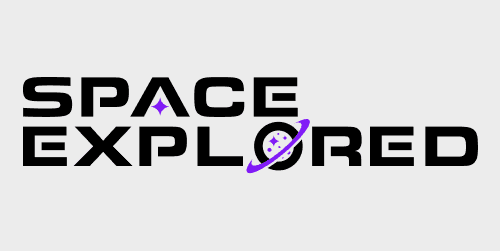
Live from their hangar in Jacksonville, Aevum unveiled its RAVN X autonomous air-launch vehicle to the world today. Aevum has been operating under the radar before today while developing a new system for affordable and easy access to low Earth orbit.
Founded in 2016, Aevum is a company built on the dream of its founder and CEO Jay Skylus to improve logistics and technology to give everyone access to space. Based in Huntsville, Alabama, the company designed and developed an autonomous air-launch vehicle called RAVN X initially to launch payloads for the U.S. Space Force from the Cecil Spaceport in Florida.
- Ravn X is 80 ft. long, has a 60 ft. wingspan, is 18 ft. tall and has a gross takeoff weight of 55,000 lbs.
- Ravn X is the only small launch vehicle that has been designed and built from the ground up as reusable. 70% reusable out of the gate, it will be up to 95% reusable in the near future
- Virtually weather agnostic, Aevum offers 96% availability to space per year and minimal delays
- Aevum doesn’t need to build or maintain a launch site. Ravn X can launch from any 1-mile runway; the entire vehicle also uses the same jet fuel as an airplane, Jet A
- All of Aevum’s products and technologies are 100% designed and built in the U.S.A.
Skylus, a former employee at NASA, Firefly Aerospace, and Boeing, wants to improve communications for soldiers overseas. That goal has been engraved in him since learning of two U.S. soldiers who were killed in action in Afghanistan in 2006. Skylus discovered difficulties in communications were a recurring factor in the situation. With his own brother serving, he was determined to find a solution.
The sleek, futuristic-looking jet is prepared to compete with other air-launch companies like Northrop Grumman, Virgin Orbit, and ground-launched vehicles like Rocket Lab’s Electron and his former employer Firefly’s Alpha rocket.

Skylus says the difference between his system compared to other air-launch systems is his vehicle actually adds delta-v (the ability for a spacecraft to change its velocity) to the payload. This is because what they are referring to as the first stage (and what others may refer to as the carrier aircraft for the rocket) doesn’t need to move to a safe distance before firing the rocket. That’s because no pilot will be present and in danger.
Aevum already has its first customer, the United States Space Force, which seems confident in Aevum’s system. Aevum will be launching a payload for Space Force on their very first launch sometime next year.
“I’m excited to see the bold innovation and responsiveness in development today by our small launch industry partners to support emerging warfighter needs. The U.S. Space Force is proactively partnering with industry to support U.S. space superiority objectives. Having a robust U.S. industry providing responsive launch capability is key to ensuring the U.S. Space Force can respond to future threats.”
Lt. Col. Ryan Rose, Chief of the Space and Missile Systems Center’s Small Launch and Targets Division

The first mission is called ASLON-45. There will be more launches planned in the future as the company is being awarded $1 billion in contracts from the U.S. government.
Currently, Aevum operates from only one location: Cecil Spaceport. Aevum launch sites are expected to expand in the future since all RAVN X needs to fly out of an airport is a 1-mile long runway and access to the standard jet fuel used by most airplanes.
This saves on cost since JP-1 jet fuel doesn’t need to be shipped in like the special RP-1 rocket fuel used by other launch vehicles. JP-1 is found at almost every commercial airport.
Aevum is more than just a launch provider, though. It’s also the logistics company to make everything happen on missions. During the livestream event today, Skylus showed how a customer could choose their orbit, customize their launch, even start up the vehicles with a single click from a tablet to begin the launch.
“You’re able to pick up the phone and get your stuff into space in a week. When you start factoring that into your budget we’ll start blowing the large rockets out of the water.”
Jake Skylus, Founder and CEO of Aevum
Their current plan is to demonstrate an autonomous flight of their RAVN aircraft, followed shortly after by the launch of the Space Force’s ASLON-45 payload, in 2021.
Enjoy reading Space Explored?
Help others find us by following on Apple News and Google News. Be sure to check us out on YouTube, Twitter, Facebook, and Instagram, join our Discord!
FTC: We use income earning auto affiliate links. More.


Comments